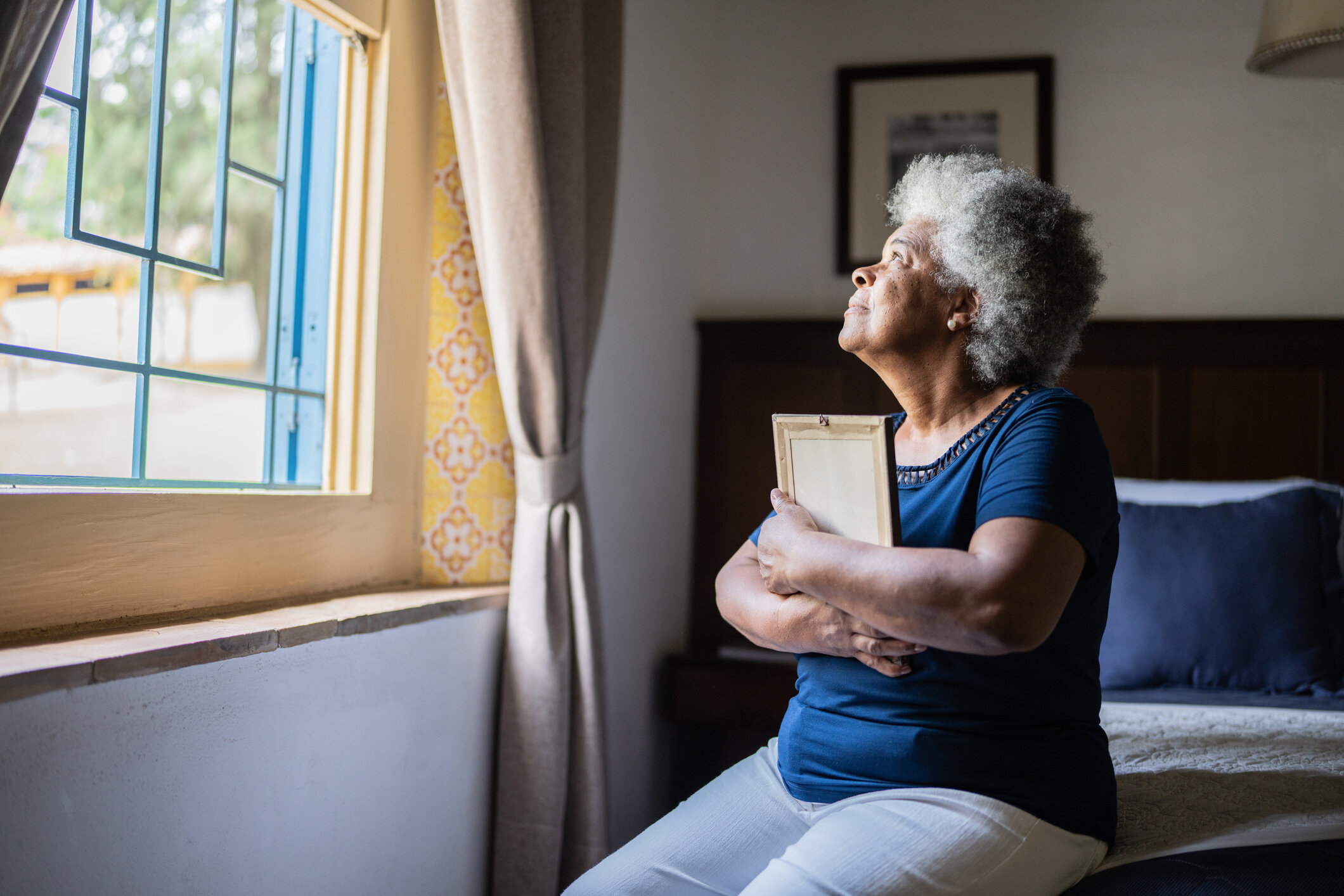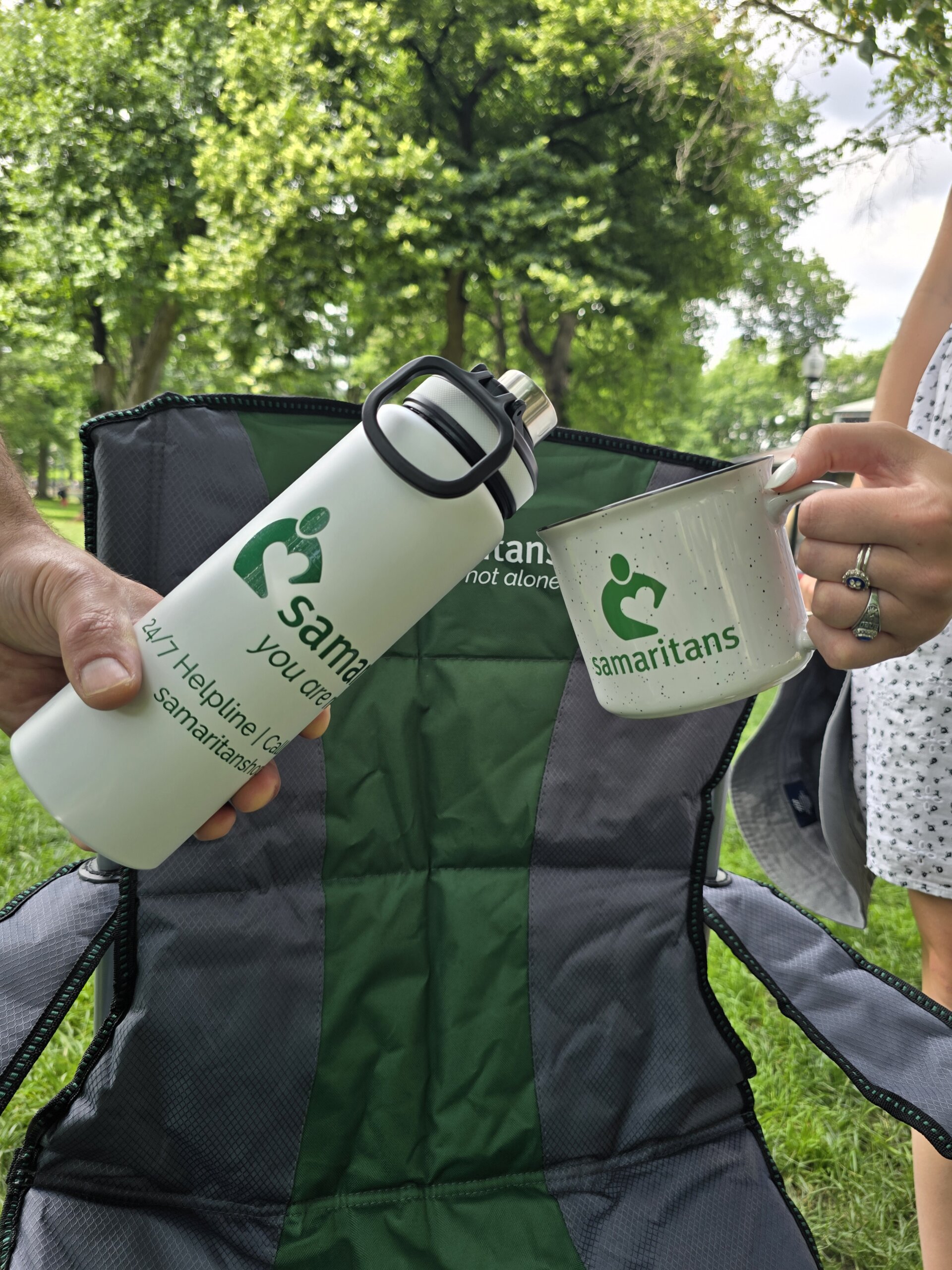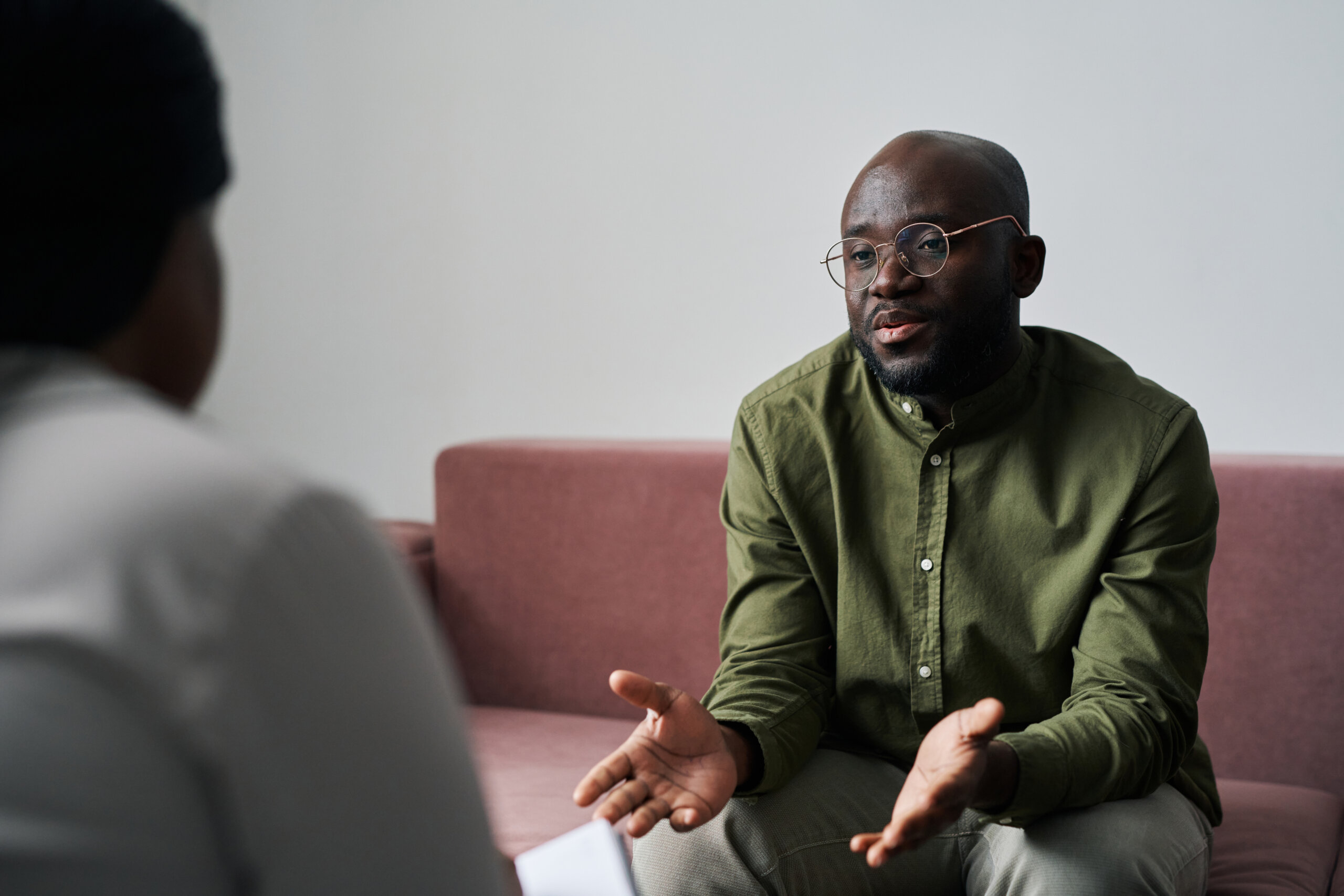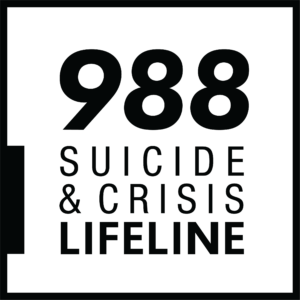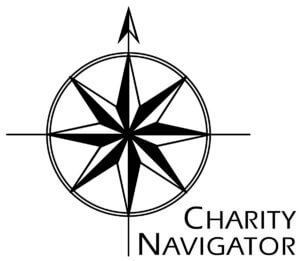Written by David Cohen, suicide loss survivor, 5K participant, and user of our 24/7 Helpline
Pictured: David (left) with his parents and siblings, including his brother Michael (second from the left)
In life, there are a number of us who still find it difficult to be ourselves and speak from the heart. We live in a culture that encourages concealing, and the pressure to keep ones feelings concealed can be made into a double whammy if they have a mental illness thrown in the mix. Of course, there are people who are able to speak their truth regardless. I believe with the help of an organization like Samaritans, we could see a rise in the number of people who are able to open up about what’s inside of them and, in turn, reduce the number of families who experience what my family experienced: a tragic loss to suicide.
There is no way to describe that kind of loss of someone so close to you. They were in your life, you loved them, you talked to them, went out with them, texted with them, and then… they were just not in your life anymore and they won’t ever be again. That is something that I will live with for the rest of my life — or rather, that I’ll try to accept. I can’t hug him. I can’t be with him. I can’t share new music. I can’t even enjoy the simple, innocent activity of relaxing and watching a funny movie with him while eating some salty snacks. I wonder what was going during his life — what could he have been hiding during this situation or that one. But the worst part? Our family, like many others, will never get an answer. Any answer is just gone, along with him. This became the reality of my family on February 17, 2018, when we lost my oldest brother, Michael.
After Michael’s death, my family sought out grief support. My parents found a support seminar for suicide loss survivors centering on managing yourself after such a loss, run by Samaritans. This was the first time that I had heard about the organization. A few months later, I was walking with one of my friends along the Charles River when she told me that she was thinking about doing the Samaritans 5K for suicide prevention that year. When I heard her say that, it was almost like a “why not?” kind of moment. I thought it would be a great way to get involved and to do my part.
During the summer of planning, fundraising, and learning about Samaritans, I started using their 24/7 Helpline. Before I knew about Samaritans, I would call the National Suicide Prevention Lifeline. I would actually get connected to Samaritans through there. During my prep for the 5K, and from then on, I would contact them directly as I learned that their Helpline offered a texting option. I became more familiar with Samaritans, to the point where they became almost like a second home. I can’t help but imagine what they could have done for my brother in his time of need.
Samaritans’ Helpline has helped me out of distress on a number of occasions. This is distress caused by short-term and long-term effects from a multitude of psychological challenges that I have faced from both the loss of my brother to suicide and from my own mental health issues I have lived with for my whole life. I have dealt primarily with anxiety (generalized and social), obsessive compulsive disorder, and learning disabilities impacting both my social and academic performance. These issues have piled up and led to the development of depression. When episodes set in, I text Samaritans’ Helpline.
I have thought about how it would be cool if you could buy a little cube that, with the press of a button, unfolds into your own little space where you could go in and unload your emotions and pain without anyone seeing or hearing. The Helpline feels almost exactly like that for me. It is one phone call or text away. When I reach out to them, I feel at ease. The Helpline’s anonymous nature makes it okay for someone to say what’s on their mind. You can have a needed temper tantrum without fear of developing a “reputation” — the fear you might feel if you constantly went to the same people in your life for support. There are not many places where one can really do that these days. I feel almost lighter after the call or text than I did before dialing, as one can unload emotional baggage that may have even been piling up for years. I feel relieved, like I can actually move on with life.
There is also a very important added bonus for people like me who live with learning disabilities impacting their conversational processing speed. With a text option that allocates you more time for a conversation than a phone call, it makes it easier to formulate exactly what you want to say to a Helpline volunteer so that they can respond in ways that will help you the most. I have lived with the challenge of not always being able to effectively self-advocate because of this, and it is very refreshing and comforting to know that Samaritans has an outlet that would work even for people who fall under this category. It is important that a resource like this stays around for people like me and for everyone else, including those who, for whatever reason, might not be able to attend therapy.
If you are reading this and are in distress of any level, please know that there is nothing wrong with you. You did not do anything to deserve the state that you are in and there are volunteers on the Helpline and throughout Samaritans waiting to help you. It may feel impossible to even lift up your fingers and type in the number and that is okay. It may not be all you have to do to feel better, but speaking your truth and opening up is the first step to helping you out of your suffering, and you can speak that truth when you are ready to do so. Samaritans is here when you are.
Need to talk? Call or text Samaritans’ 24/7 Helpline at (877) 870-4673.
